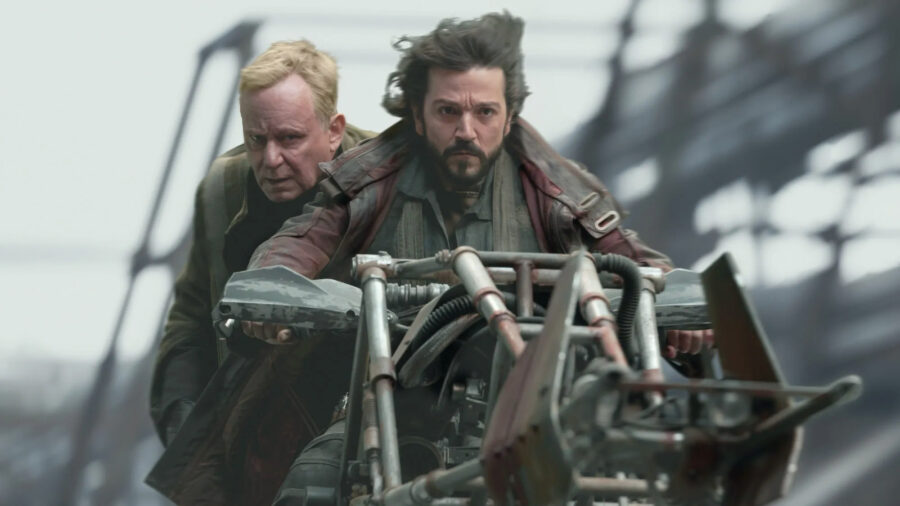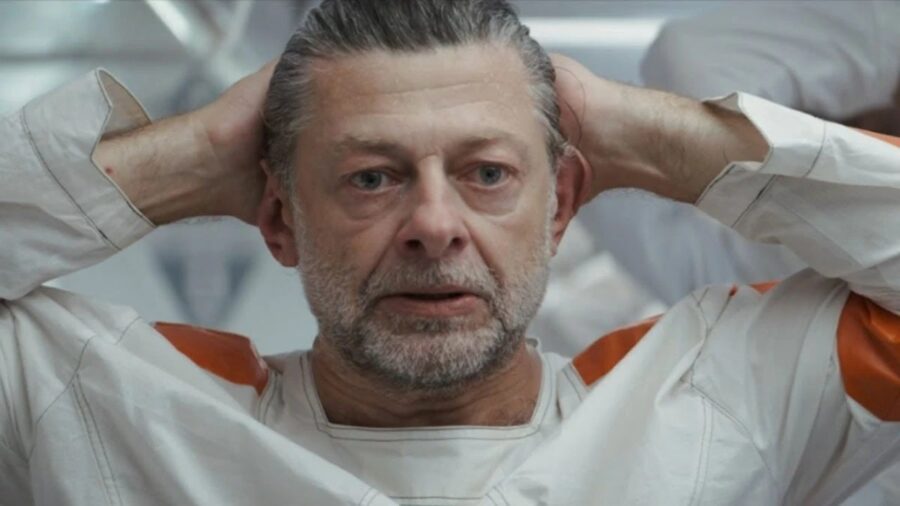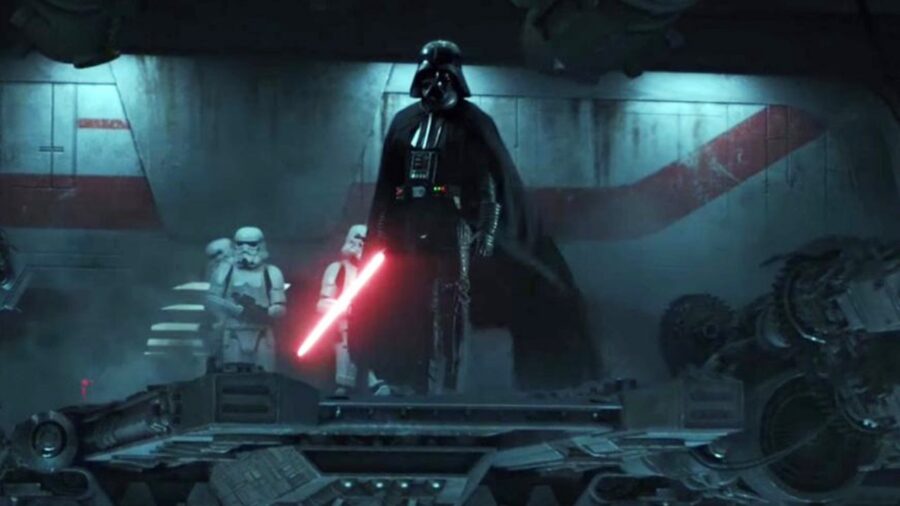Andor Proves One Way Out For Future Star Wars Projects

Even Star Wars fans who hate most of the new shows on Disney+ agree that Andor is amazing…proof that this franchise set in a galaxy far, far away still has life in it. If the House of Mouse is smart, they will try to copy this show’s formula and create more high-quality series, but just what does that formula consist of? Among other things, Andor is successful because it tells a limited story that deeply affects franchise mythology and is anchored by its own blockbuster film.
Andor Isn’t Like Other Star Wars Series

As most fans know, Disney originally had plans to launch a series of standalone Star Wars films, but the box office failure of the surprisingly decent Solo put those plans on carbonite. Instead, projects like the Obi-Wan Kenobi film and Boba Fett film were repurposed as TV shows on Disney+. Execs thought this sounded like a great way to drive subscriptions to their fledgling streaming service, but this decision ultimately threatened the long-term health of the franchise.
What does this story about Star Wars failures have to do with Andor’s success? Despite all of Disney’s efforts, most fans see these new shows as less prestigious and important than theatrical films, even bad films. That’s one reason why the fandom is still arguing about The Last Jedi and The Rise of Skywalker but has largely forgotten The Book of Boba Fett, a show that had all the resonance of those direct-to-video Ewok films from the ‘80s.
A Worthy Prequel To Rogue One

Compared to standalone Star Wars TV shows that feel like cheap excuses to sell toys, Andor automatically feels more important because it is a prequel series to a hit film, Rogue One. Therefore, the show has a built-in audience of Rogue One fans wanting more context about the characters and setting, while newer fans who missed the film will now check it out thanks to the success of the show. This is almost certainly why Disney is creating a Mandalorian film: to make that flagging series feel a bit more important by belatedly giving it the same big-screen treatment as Rogue One.
Expertly Expands Lore

In addition to this successful Star Wars series having its own blockbuster film, Andor also feels important because it is deeply engaging with franchise lore and tells us more about a relatively unknown (at least, onscreen) time period: the birth of the Rebellion. Answering major fan questions may sound like a no-brainer for Disney’s TV shows, but most series either tell meaningless side stories (like The Book of Boba Fett) or take big swings that upset fans (like The Acolyte’s vergence focus making things like the birth of Anakin Skywalker feel less special). Andor, though, finds that sweet spot between expanding important lore without disturbing it.
Andor Doesn’t Overstay Its Welcome

For this Star Wars fan, the final key to Andor’s success is, surprisingly enough, that it is intentionally limited to two seasons. The Mandalorian is, sadly, proof of how easy it is to run a good idea into the ground, and given that the show bid goodbye to Grogu at the end of season 2, it seems it was meant to end years ago. Instead, it went on and just got worse, but Andor is thriving by telling exactly how much story it needs to tell before definitively ending the series.
The Andor Formula: One Way Out

I realize all of this is easier said than done, but if Disney wants future Star Wars projects to be a success, they need to follow the Andor formula: anchor shows to theatrical films, focus on important parts of franchise lore, and limit the number of seasons to tell a great story. To do this, though, Disney will have to unlearn what they have learned…or at least stop pumping out crappy shows to sell crappier toys. For the House of Mouse, this could be “one way out” of running the world’s most popular franchise completely into the ground.












